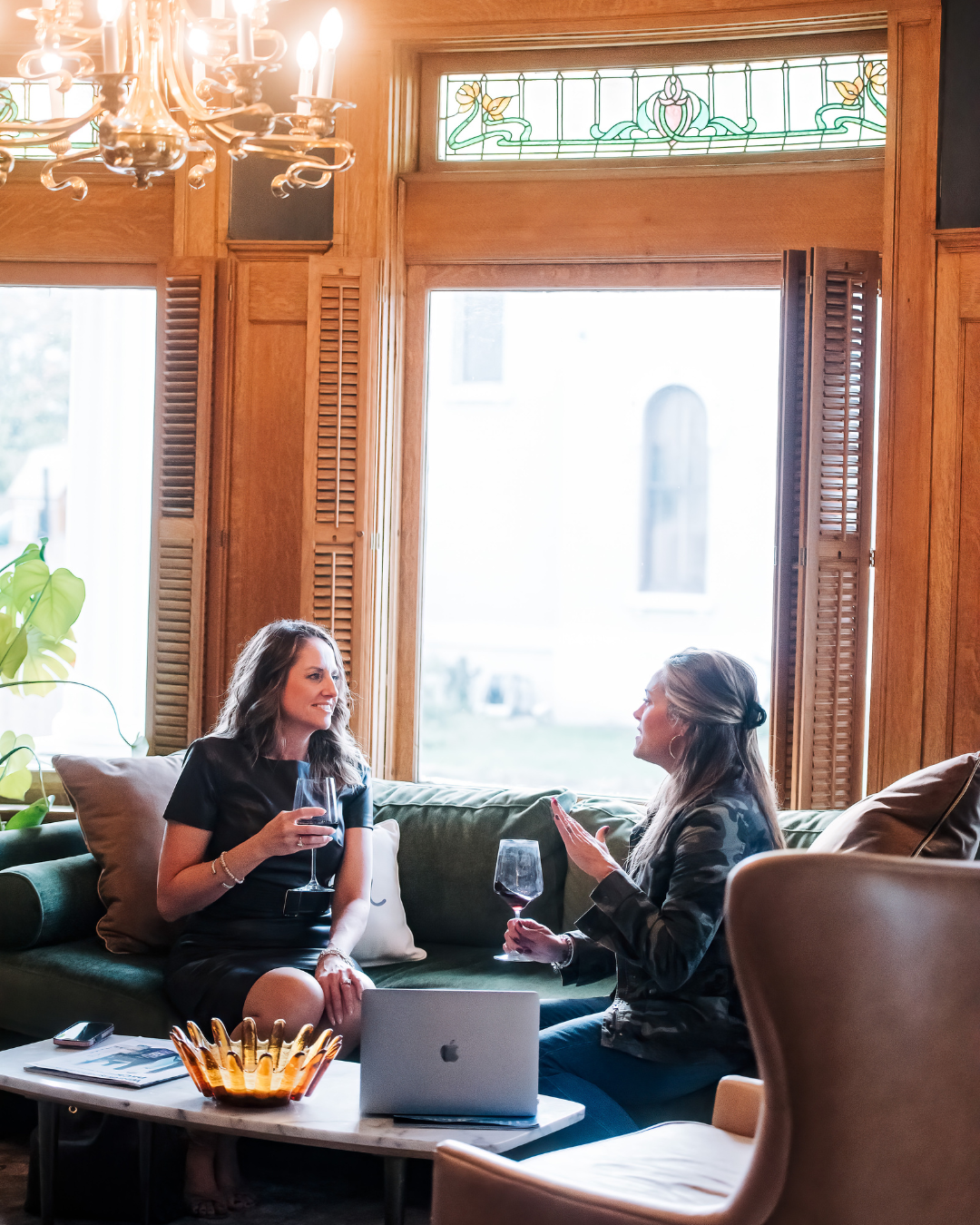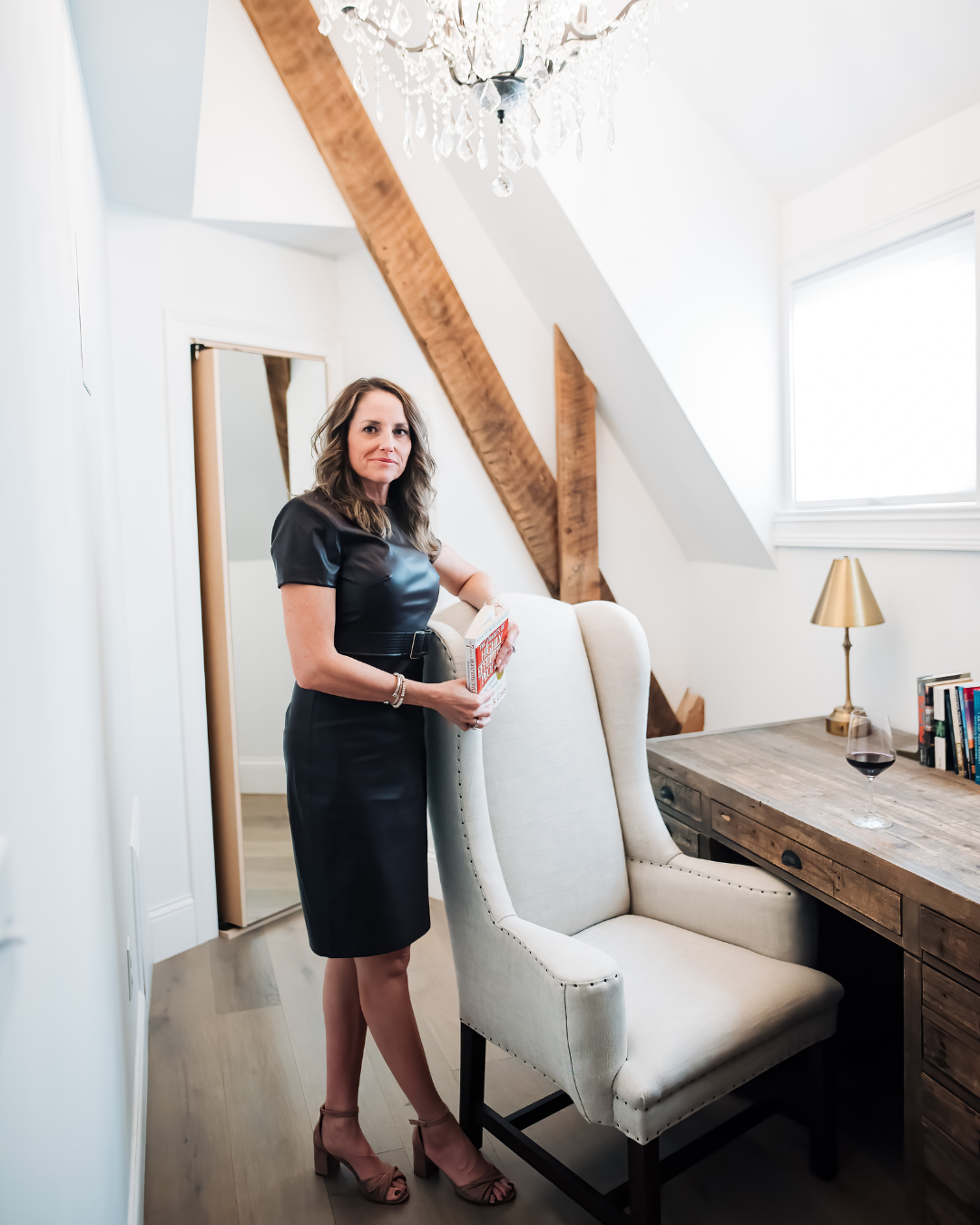Modern dating moves fast—and so does the language around it. New terms seem to pop up every time you open Instagram, TikTok, or your favorite dating app. As Amber Samuels, Ph.D., notes, this shared vocabulary creates connection and helps people make sense of the experiences they’re navigating.
At The Crush Confidential, where we guide singles through today’s ever-evolving dating culture, we see firsthand how helpful this modern “dictionary” can be. Below is your A-to-Z breakdown of the most popular dating terms in 2025—what they mean, why they matter, and how understanding them can improve your approach to love.
Affordating
Affordating refers to choosing low-cost or budget-friendly date ideas without compromising the quality of the experience. It reflects the growing trend toward mindful spending and intentional connection.
Benching
Benching happens when someone keeps a romantic interest “on the sidelines” while actively pursuing other people. They maintain occasional contact—just enough to keep the person interested—without committing to anything meaningful.
Breadcrumbing
Breadcrumbing involves sending minimal, inconsistent signals of interest (like sporadic texts or likes) to keep someone emotionally hooked without progressing toward an actual relationship.
Catfishing
Catfishing is when a person pretends to be someone else online by using fake photos or misleading information. This can range from minor image editing to creating entirely fabricated identities.
Conscious Uncoupling
Conscious uncoupling is a thoughtful, respectful approach to ending a relationship. It prioritizes clear communication, emotional closure, and reducing harm for both people involved.
Cuffing Season
Cuffing season describes the fall and winter months when many people seek temporary relationships or companionship. These connections may or may not last beyond the season.
DINK
DINK stands for “dual income, no kids” and refers to couples who both earn income and have chosen (temporarily or long-term) not to have children.
DTR
DTR means “define the relationship.” It’s the conversation where two people clarify what they are — dating, exclusive, serious, casual, or somewhere in between.
50/50
“50/50” is the debate about how equally partners should split finances, chores, and responsibilities in a relationship. The term often comes up when discussing fairness and expectations.
FLR
FLR stands for “female-led relationship,” where the woman takes a more prominent role in decision-making, finances, structure, or leadership within the relationship.
FWB
FWB, or friends with benefits, describes two friends who maintain a friendship while also engaging in physical intimacy without a romantic commitment.
Gaslighting
Gaslighting is a form of manipulation where one person causes the other to doubt their memory, perception, or reality. It often involves denial, blame-shifting, or trivializing emotions.
Ghosting
Ghosting is abruptly cutting off all communication without explanation. The person receiving the silence is left without closure, clarity, or understanding of what went wrong.
Green Flags
Green flags are positive signs — consistency, communication, emotional safety, reliability — that indicate someone has healthy qualities suitable for a relationship.
Hard Launch
A hard launch is a clear, public announcement of a new relationship on social media, typically revealing a partner’s face, name, or the relationship status directly.
The Ick
The ick is a sudden feeling of discomfort or repulsion toward someone you were previously interested in. It’s often triggered by a specific behavior or moment.
Love Bombing
Love bombing is overwhelming someone with affection, gifts, compliments, or attention early in dating. It can be genuine in rare cases, but often it is manipulative or rooted in insecurity.
Micro-Cheating
Micro-cheating refers to small behaviors that cross emotional boundaries, such as flirty messages, secret interactions, or maintaining dating profiles while in a relationship.
Negging
Negging involves giving someone backhanded compliments or subtle insults to undermine their confidence and increase their desire for approval from the person delivering them.
Orbiting
Orbiting is when someone ends communication but continues watching your stories, liking your posts, or engaging with your social media. They stay “in your orbit” without actual contact.
Red Flags
Red flags are warning signs that a person or relationship may not be healthy — disrespect, inconsistency, hot-and-cold behavior, poor communication, dishonesty, or boundary violations.
Rizz
Short for charisma, rizz describes someone’s ability to charm, flirt, or attract others through personality, confidence, or presence.
Ship
Short for “relationship,” to “ship” someone is to support or encourage two people becoming a couple — whether fictional characters or real individuals.
Situationship
A situationship sits between casual dating and a relationship — emotional or physical closeness without clear commitment, labels, or expectations.
Slow Fade
A slow fade is a gradual withdrawal of communication or effort instead of an abrupt ghosting. Messages become less frequent, plans decline, and interest fades without explanation.
Soft Launch
A soft launch is a subtle social-media reveal of a relationship, such as posting a partner’s hand, shoes, or a dinner date angle that hides their identity.
Soulmate
A soulmate describes someone with whom you share a deep emotional, romantic, or spiritual connection — often feeling natural, aligned, and meaningful.
Talking Stage
The talking stage is the early phase where two people get to know each other before committing. It can include texting, flirting, and early dates while deciding if a relationship is possible.
Twin Flame
A twin flame refers to an intense spiritual connection believed to represent two halves of the same soul — often passionate, challenging, and transformational.
Zombieing
Zombieing is when someone who ghosted suddenly reappears, acting as though nothing happened — resurfacing with a “Hey stranger” message or unexpected contact.
Final Thoughts
Modern dating comes with its own language, and knowing these terms isn’t just about staying current—it’s about understanding the emotional landscape of relationships today. When you can identify patterns like breadcrumbing, orbiting, or slow fades, you’re better equipped to protect your heart and advocate for what you truly want. And when you recognize green flags, healthy communication styles, and aligned values, you can move toward connection with confidence instead of confusion.
At The Crush Confidential, we see countless singles who feel overwhelmed by the complexities of dating culture—especially those navigating the endless loop of apps, situationships, and mixed signals. What many don’t realize is that modern dating language often reflects modern dating pain points. By naming the experience, you take back control of it.
Our mission is to guide you toward something far more meaningful than trendy terminology: real partnership, genuine compatibility, and the kind of connection that isn’t dependent on timing, swipes, or seasonal flings. Through thoughtful vetting, intentional matching, and ongoing support, we help our clients move out of uncertainty and into clarity. Whether you’re recovering from a zombie, tired of the talking stage, or ready to graduate from situationships altogether, you don’t have to navigate today’s dating landscape alone.
Love may evolve, but the desire for a deep, lasting relationship never goes out of style. If you’re ready for a more intentional, curated approach to dating—one rooted in values, alignment, and authenticity—The Crush Confidential is here to guide your journey every step of the way.


















